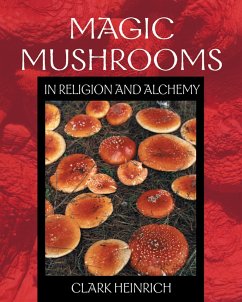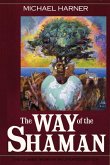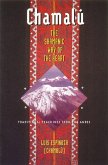An illustrated foray into the hidden truth about the use of psychoactive mushrooms to connect with the divine. • Draws parallels between Vedic beliefs and Judeo-Christian sects, showing the existence of a mushroom cult that crossed cultural boundaries. • Contends that the famed philosophers' stone of the alchemist was a metaphor for the mushroom. • Confirms and extends Robert Gordon Wasson's hypothesis of the role of the fly agaric mushroom in generating religious visions. Rejecting arguments that the elusive philosophers' stone of alchemy and the Hindu elixir of life were mere legend, Clark Heinrich provides a strong case that Amanita muscaria, the fly agaric mushroom, played this role in world religious history. Working under the assumption that this "magic mushroom" was the mysterious food and drink of the gods, Heinrich traces its use in Vedic and Puranic religion, illustrating how ancient cultures used the powerful psychedelic in esoteric rituals meant to bring them into direct contact with the divine. He then shows how the same mushroom symbols found in Hindu scriptures correspond perfectly to the symbols of ancient Judaism, Christianity, the Grail myths, and alchemy, arguing that miraculous stories as disparate as the burning bush of Moses and the raising of Lazarus from the dead can be easily explained by the use of this strange and powerful mushroom. While acknowledging the speculative nature of his work, Heinrich concludes that in many religious cultures and traditions the fly agaric mushroom--and in some cases ergot or psilocybin mushrooms--had a fundamental influence in teaching humans about the nature of God. His insightful book truly brings new light to the religious history of humanity.
Hinweis: Dieser Artikel kann nur an eine deutsche Lieferadresse ausgeliefert werden.
Hinweis: Dieser Artikel kann nur an eine deutsche Lieferadresse ausgeliefert werden.








